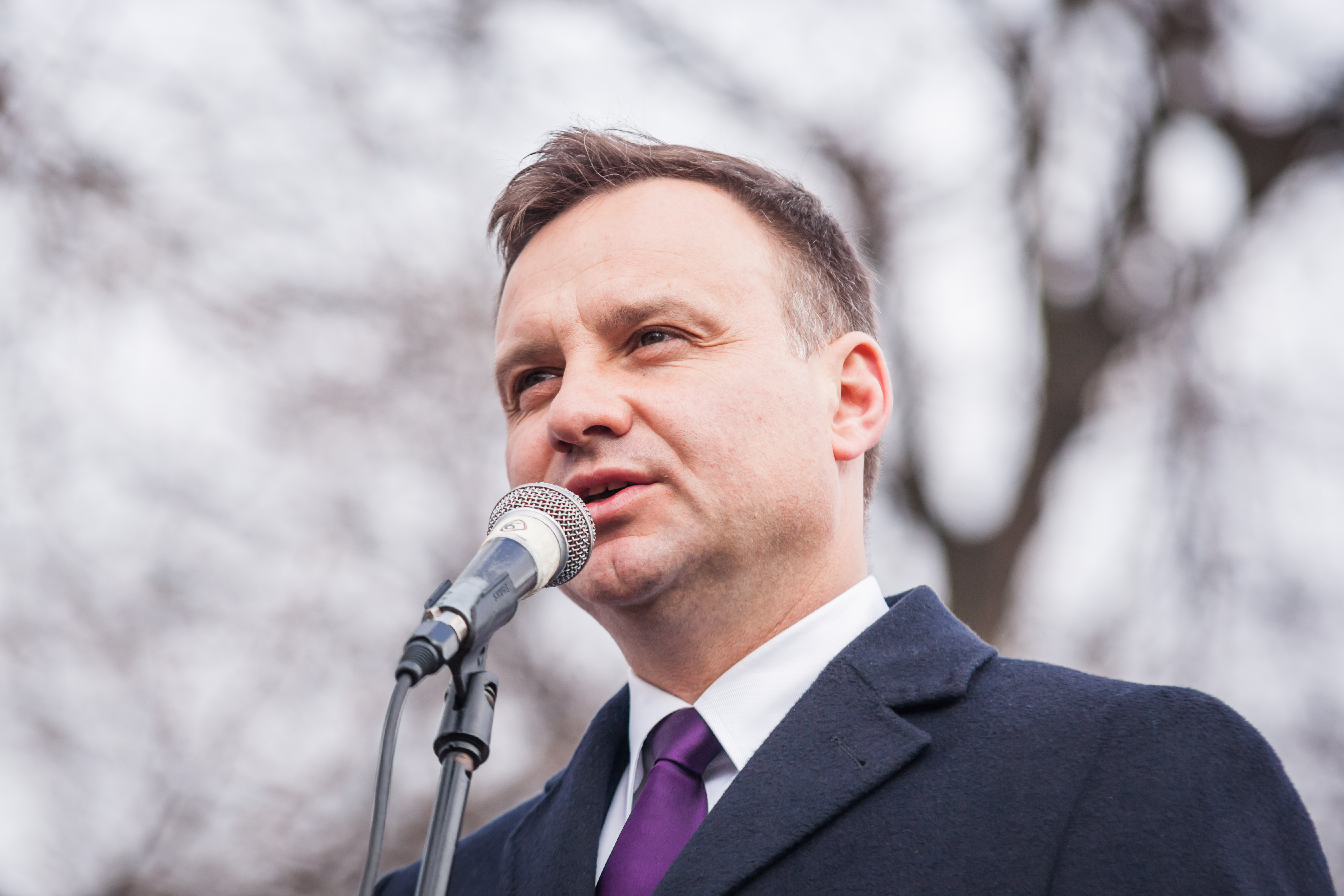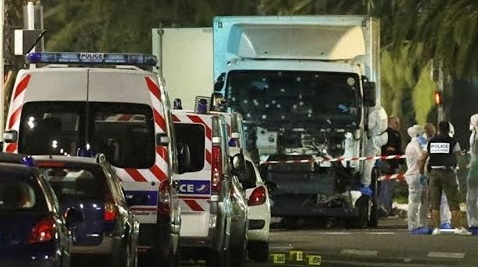Poland – Clément Beaune, the French Secretary of State for European Affairs, made a visit to Poland on Monday and Tuesday. Since Emmanuel Macron was elected president, France has been somewhat cool towards Poland’s leaders, whom Macron has described as being “below what the Poles deserve” or as “crazy minds”. Clément Beaune’s visit was therefore an opportunity to improve things.
France has as much to gain as Poland at a time when the latter is negotiating the purchase of submarines for its navy and planning the construction of several nuclear power plants to accompany its withdrawal from coal, not to mention the continuing dynamism of the Polish economy, which offers opportunities to those who know how to seize them. Last week it was the president of Medef, the main employers’ federation in France, who was visiting Warsaw, while on March 11 Polish Deputy Prime Minister Jarosław Gowin, in charge of the Ministry of Development, Labor and Technology in the Morawiecki government, was in Paris where he met French Minister of Economy, Finance and Recovery Bruno Le Maire, a supporter of rapprochement with Poland. On March 17, Polish Prime Minister Mateusz Morawiecki is in turn scheduled to visit the Élysée Palace at the invitation of French President Emmanuel Macron.
The Secretary of State for European Affairs, Clément Beaune, himself said about Poland in early January, in a discussion with Le Nouvel Esprit public :
“We are not of the same mind on the issue of the rule of law, everyone knows that. On the other hand, in terms of industrial policy, competition policy and the taxation of digital companies, our two countries often push for identical reforms. (…) As long as the differences between member states vary from one subject to another, there is room to build things in common. We can not only save but strengthen the Union. ”
But, unfortunately, his visit this week will have been dominated by the controversy which he himself stirred up before his arrival in Warsaw and which he was still fueling after his return to Paris. For Beaune is on a crusade against the Polish local authorities that adopted resolutions in 2019 and 2020 by which they undertook not to promote, within the framework of their competences, the spread of the ideology promulgated by the LGBT lobby, especially in the field of sexuality and gender theory. Others also targeted by the French Secretary of State, who came out as gay in an interview published in the gay magazine Têtu last December, have simply signed a Charter of Local Governments for the Rights of Families. In that interview, Beaune said of Poland: “I come from a family in which people were deported as Jews only two generations ago. It echoes in my mind. However, I wouldn’t want people to say that I’m fighting against ‘LGBT-free’ zones because I’m gay. (…) However, as Secretary of State for European Affairs, I have an additional responsibility. I have to fight to spread tolerance.”
For more information on the reality of the statements of the Polish local authorities referred to by Beaune and the context that led some 100 Polish local governments to adopt such statements (which are legally non-binding and have already been validated several times by Polish courts as not implying any discrimination against anyone), see “Poland: Ideological Blackmail from the European Commission”. This article was published in July last year by the European Center for Law and Justice (ECLJ), and Beaune would be well advised to read it in order to avoid unnecessarily damaging Franco-Polish relations by joining in the blackmail engaged in by European institutions.
Initially, Clément Beaune called these local communities ‘LGBT-free zones’. Since then, he has corrected his speech to make it a little more in tune with reality, and calls them ‘LGBT ideology-free zones’. However, when journalist Léa Salamé questioned him on Thursday morning on French public radio France Inter about ‘anti-LGBT+ zones’ in Poland, the Secretary of State for European Affairs did not correct her at any point.
While Beaune’s views, sexuality and prejudices towards Poland were already known in Warsaw before his arrival on Monday, March 8, he told L’Obs on the day of his arrival that the Polish authorities had refused him access to one of the so-called ‘LGBT ideology-free zones’. The Polish Foreign Ministry formally denied the accusation, and the French Secretary of State told France Inter on Thursday morning that he had obviously not been forbidden to go where he wanted to, but that there had been political pressure on the Polish side. “Such political pressure is very serious, but what is even more serious is the background. This is not about my personal situation. I’m fine, I live here, everything is fine. It’s the people who live in these LGBT municipalities, those 88, almost 100 local communities, it’s the people who are activists and who are threatened because they defend women’s rights, because they defend LGBT rights,” Clément Beaune said on France Inter radio.
He was probably referring to the defamation lawsuits filed by some Polish local authorities against LGBT activist Bart Staszewski. The latter has indeed produced photos showing an ‘LGBT free zone’ sign at the entrance to some Polish municipalities, a sign that Staszewski himself had set up and which earned those municipalities violent criticism from Brussels and in the international media. In some cases, foreign partners, including French ones, have even broken off twinning agreements on the basis of the disinformation campaign organized against them. During his trip to Poland, Clément Beaune met with Staszewski, as well as with Marta Lempart, the far-left pro-abortion activist who called in October for attacks on churches.
For Beaune is also campaigning in favor of the legalization of abortion in Poland.




